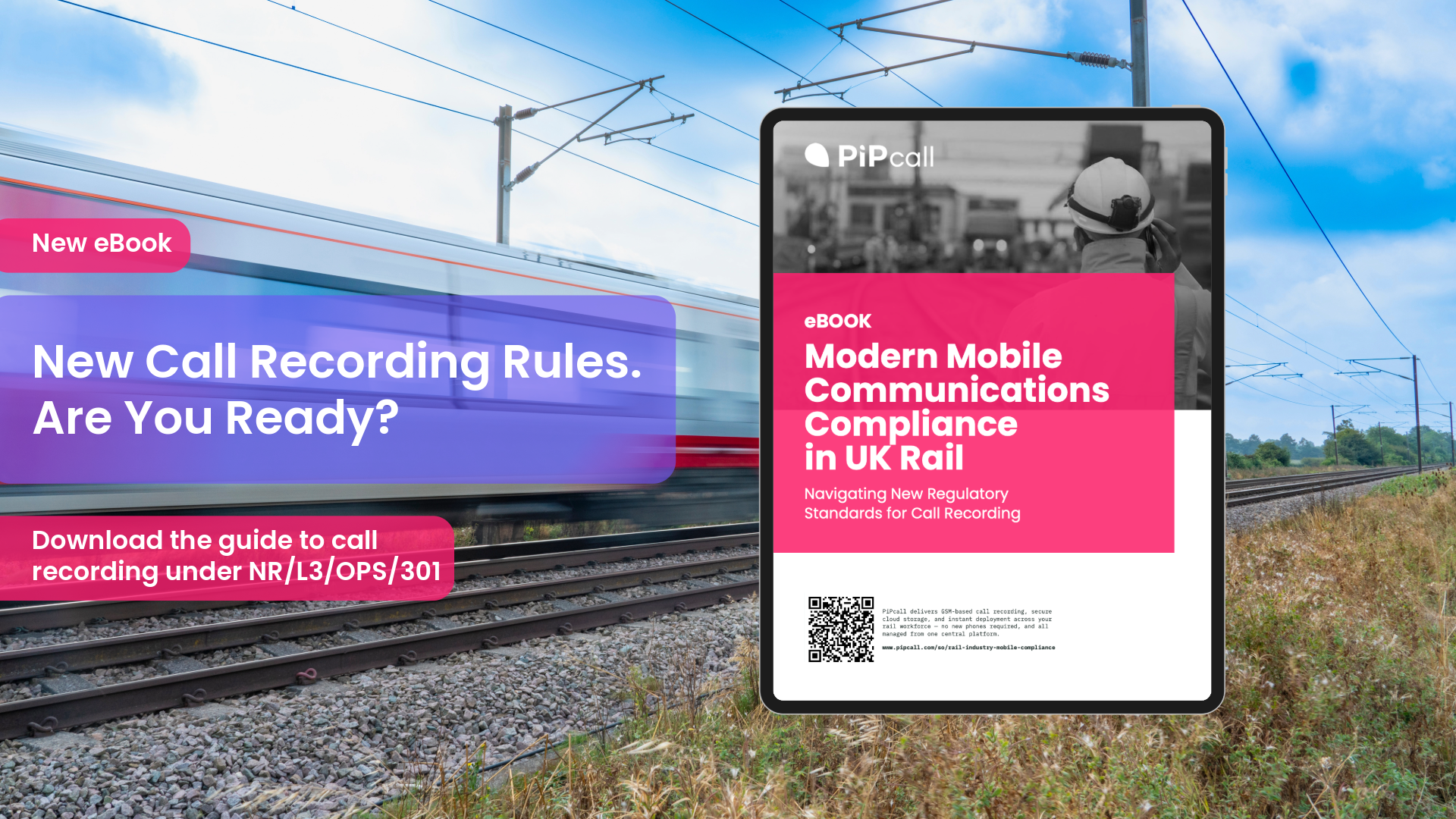As businesses expand globally, ensuring compliance with data sovereignty laws across different jurisdictions becomes a critical challenge. eSIM technology offers flexibility in mobile connectivity, but it also raises questions about managing data in various regions and meeting local privacy regulations. For UK businesses with global operations, understanding how to navigate data sovereignty with eSIMs is essential.
Managing eSIM Data Across Different Jurisdictions
Understanding Regional Data Laws
Data sovereignty refers to the requirement that personal data be stored and processed within the country where it was collected, according to that country’s regulations. For organisations using eSIMs in different countries, this means understanding and complying with regional laws to avoid fines and legal issues. The EU's GDPR, for example, mandates strict controls on how data is handled, impacting UK businesses with European customers or employees.
How eSIMs Handle Cross-Border Data
Unlike traditional SIM cards, eSIMs allow companies to provision and manage mobile profiles remotely. This flexibility can simplify the management of international devices but raises questions about where data is processed and stored. When UK businesses activate eSIMs across jurisdictions, they need to ensure that they align with local data sovereignty requirements by choosing network providers that respect regional data handling practices.
PiPcall’s Approach to Jurisdictional Compliance
PiPcall offers UK businesses a range of solutions tailored for managing eSIMs internationally. By providing tools that support compliance across multiple jurisdictions, PiPcall allows businesses to operate confidently while adhering to data sovereignty laws. This is especially useful for organisations that have employees working across borders or require a consistent mobile strategy in multiple countries.
Solutions for Businesses Concerned with Data Sovereignty
Leveraging Secure eSIM Platforms
For businesses prioritising data sovereignty, securing eSIM devices with platforms that offer data encryption and secure communication is essential. PiPcall’s eSIM services incorporate these security measures, which help ensure that data transmitted between devices remains protected. By using secure eSIM management platforms, businesses can minimise the risk of unauthorised access and meet stringent data protection requirements, even when operating in multiple regions.
Multi-Network Options for Compliance
One challenge for businesses is finding eSIM providers that offer connectivity while respecting data sovereignty. PiPcall’s multi-network eSIM options provide a practical solution, allowing businesses to connect to compliant local networks without needing to switch physical SIM cards. This approach not only simplifies operations but also helps ensure that data remains within the jurisdiction’s regulatory framework, reducing the risk of non-compliance.
Customisable Solutions to Align with Growth
As businesses scale, they need flexible solutions that grow with them. PiPcall’s approach—starting with BYOD and Mobile+ for SMEs and expanding to comprehensive eSIM solutions for larger enterprises—offers UK businesses a strategy that evolves with their global expansion. This flexibility ensures that as companies expand internationally, they can maintain compliance across multiple jurisdictions without sacrificing connectivity or data security.
Data sovereignty in the age of eSIMs presents unique challenges, but with secure and compliant solutions like those from PiPcall, UK businesses can confidently manage cross-border connectivity and data protection.



.png)



